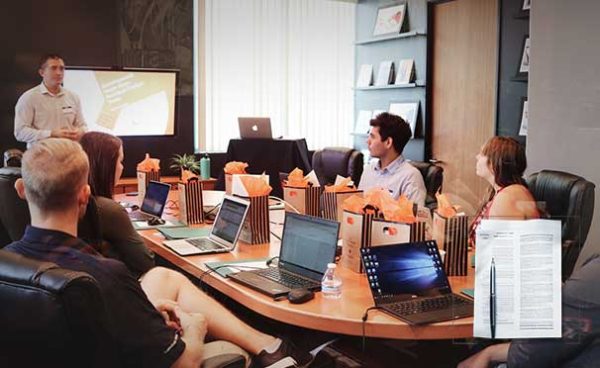Volkswagen: Engineering a Mishap
No Fee
| Case ID: | F-VWE-20230729-1-V1 |
|---|---|
| License: | CC BY-NC-SA 4.0 |
| Pages | 3 pgs |
| Case Study Analysis | Not Included |
| Teaching Notes | Not Included |
| Ai Level | Content co-authored with the OpenAI API |
| Category(s) | Ethics: 10/10 |
The Volkswagen Emissions Scandal case study delves into the unethical practices of a global auto giant that led to one of the largest corporate crises in history. The case explores various aspects of this scandal, highlighting the role of leadership, business strategy, corporate ethics, organizational behavior, and sustainability in the transgressions. The case serves as a potent reminder of the significance of ethical practices and responsible decision-making in the corporate world, providing valuable lessons for businesses and leaders.
Rating of Disciplines:
- Ethics: 10/10
- Leadership: 10/10
- Strategy: 9/10
- Sustainability: 9/10
- Organizational Behavior: 8/10
Weaknesses of this Case Structure:
- Data Analysis: The case provides an overview of the scandal without presenting concrete data and facts. For instance, the precise environmental impact, or the financial losses suffered by VW, are not enumerated in the case. This could limit the potential for quantitative analysis in fields such as economics or finance.
- Scenario Detailing: The case does not provide in-depth scenarios detailing how the decisions were made within VW, who was involved, and what factors influenced their actions. Detailed, real-life scenarios can enhance learning by providing context and allowing students to analyze situations as they unfold.
- Lack of Perspectives: The case focuses primarily on VW's perspective, missing an opportunity to delve into the views of other stakeholders such as VW’s customers, regulatory bodies, or competitors. Diverse perspectives can enrich the case study by providing a multifaceted view of the event.
- Storytelling: While the case provides a factual overview of the scandal, it lacks in-depth storytelling that would make the case more engaging and memorable. A compelling narrative can facilitate learning by creating emotional engagement and making the material more relatable.
- Focus on Broader Implications: The case does not delve into the broader implications of the scandal on the auto industry or on regulations around emissions standards. Exploring these aspects could provide valuable insights for disciplines like economics and public policy, or international business.
Strengths of this Case:
- Variety of Themes: The case touches on various themes like ethics, leadership, strategy, sustainability, and organizational behavior, making it relevant for a wide range of disciplines.
- Real-world Impact: The case focuses on a real, significant event in the business world with wide-ranging repercussions, which enhances its relevance and applicability.
- Scope for Discussion: The case raises many questions about corporate culture, strategic decision-making, and corporate social responsibility, providing ample opportunities for class discussion and debate.
- Coverage of Stakeholders: The case does mention a number of stakeholders - VW's leadership, employees, the EPA, and the Department of Justice, providing a starting point for examining the complex interactions between businesses and their environments.
- Ethical Focus: By highlighting the ethical transgressions of VW, the case can serve as a strong teaching tool for discussions around business ethics, corporate social responsibility, and sustainability.





